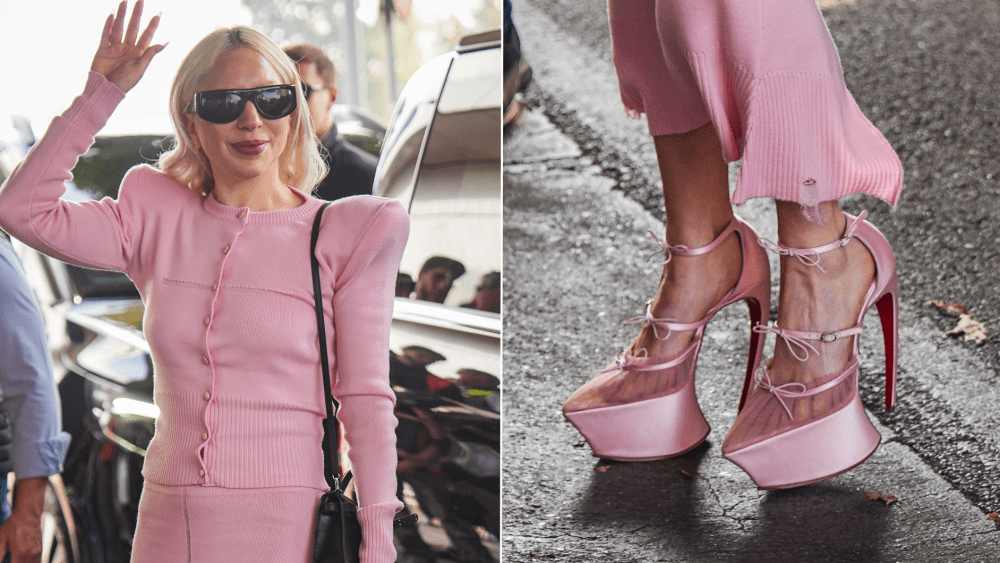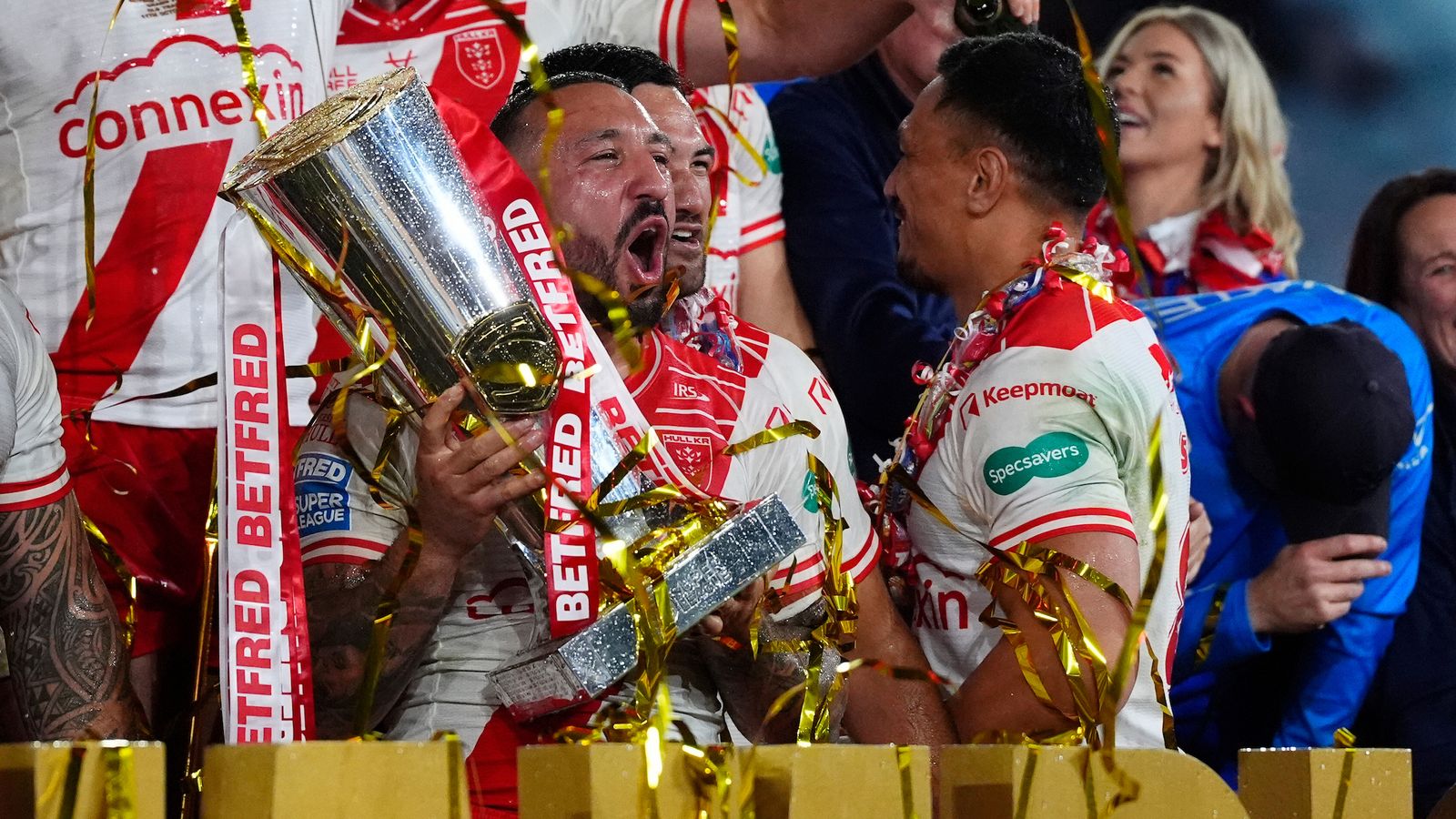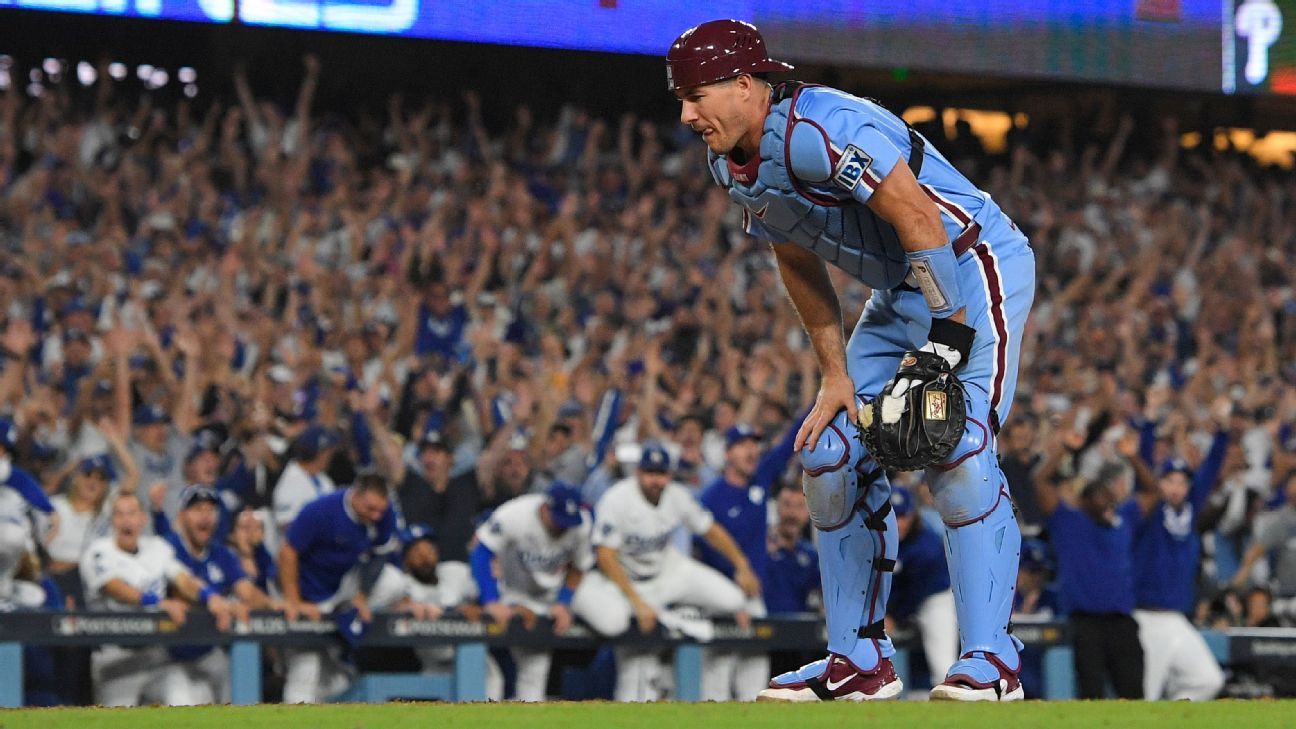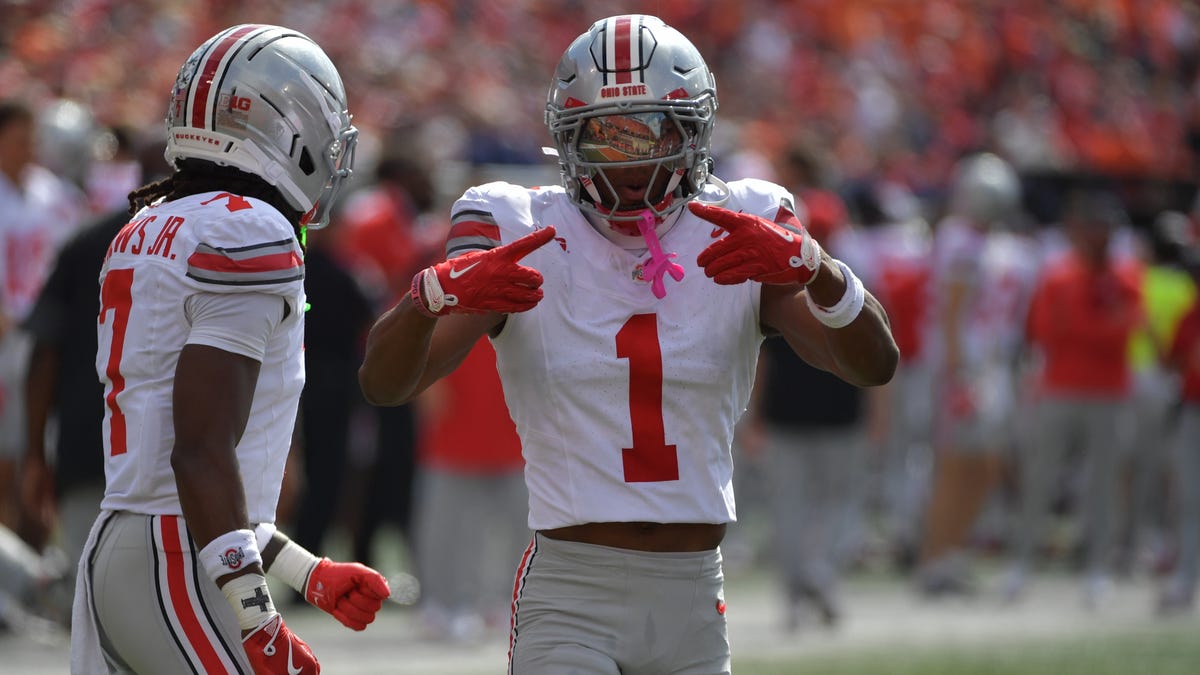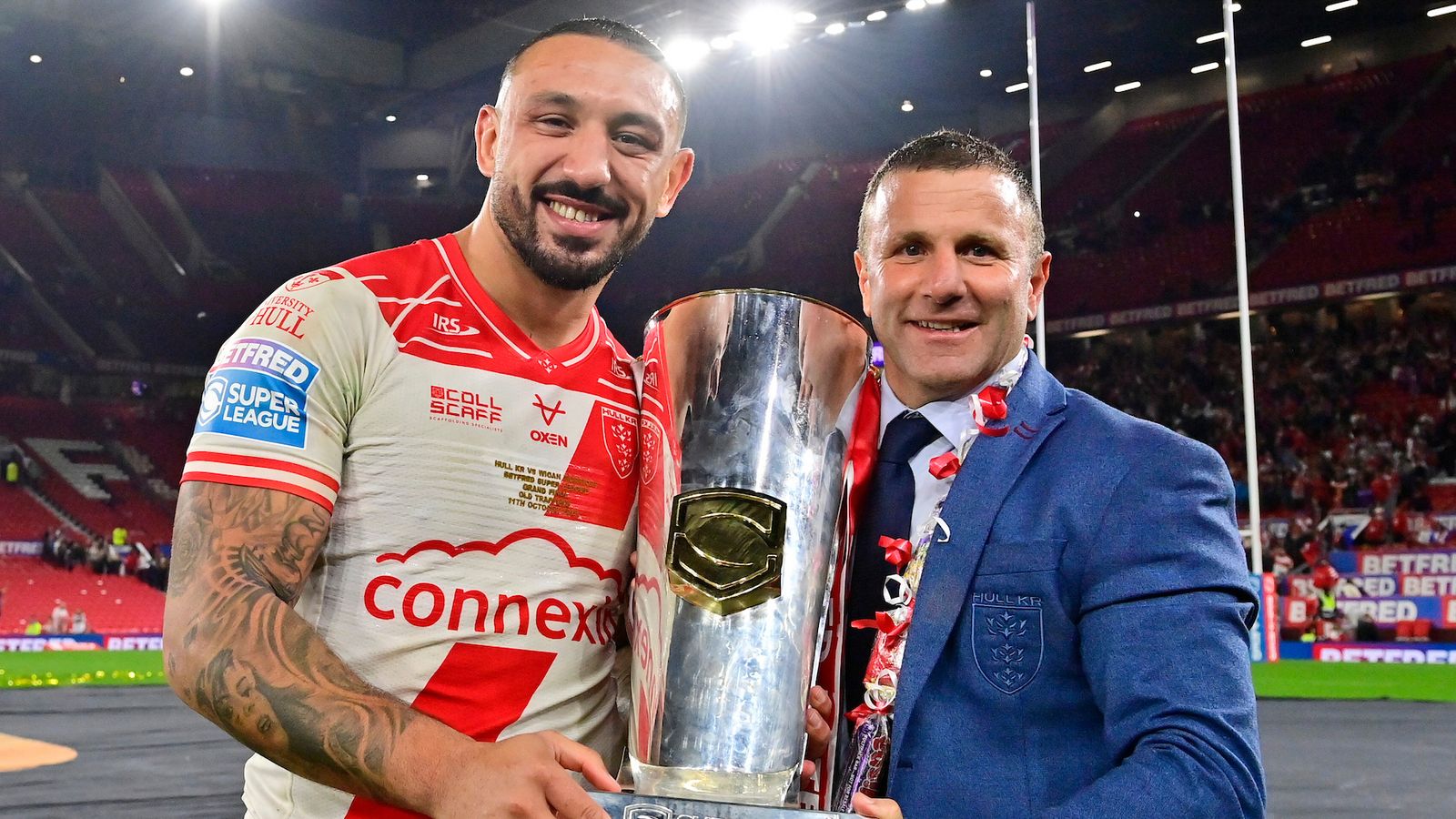
The opening pages of Rob Franklin’s debut novel, “Great Black Hope,” take readers into the thick of late-night Hamptons debauchery.
It’s Labor Day weekend Out East, and the privileged twentysomethings are partying at a Southhampton club, but the fun quickly evaporates for main character Smith. The recent Stanford grad, who’s Black and queer, is arrested for minor cocaine possession, initiating a legal journey that unfolds parallel to his life back in the city. While anticipating his court case, Smith navigates family expectations, shifting post-college social relationships, and the emotional aftermath and mystery of his roommate’s death.
“Great Black Hope” will be released on June 10, kicking off summertime reading and the relaunch of Summit Books, an imprint of Simon and Schuster.
Franklin, himself a Stanford alum, began writing the novel as an MFA student at New York University. After moving to Berlin in 2019 to write, he returned to New York in fall 2020 during the height of the pandemic.
“ I was coming back to a very different New York than I had left,” says Franklin, who before that had lived in the city off-and-on for a decade. “Everything was shuttered; it was quiet. Luckily grad school was in person; we were masked and testing every week. So I still had human contact through that. But otherwise it was a very lonesome time for me and for many other people.”
Franklin soon decided to step away from his Berlin novel-in-progress and refocus on another idea that had been percolating: a coming-of-age novel set in New York, with the backdrop of the city’s downtown partyscape.
“With a character who, like me, lived life split between worlds, who had this sort of southern Black bourgeoisie background, but also had a foot in the downtown party scene of New York,” he says. “Once I started writing it, it quickly became clear to me that there was quite a lot of there, there.”
“Great Black Hope” is not a pandemic book, although the story is very much about people “sequestered in closed-off space together and going insane,” Franklin says. “So it is in some ways informed by the pandemic. And likewise, I think my desire to depict an alive, dynamic New York City was probably in part precipitated by the fact that I was in a very quiet, closed off New York City at the time, and wanting to reflect on the version of New York that I had moved to in the front half of my 20s.”
While New York shaped the texture of the book, the plot stemmed from Franklin’s desire to write about Black respectability politics. “And specifically with characters who are from the Black bourgeoisie, looking at how these respectability politics and obsession with achievement can become a sort of almost pathology within that community,” Franklin says. “Which is a community that I come from and that really shaped me. These have been kind of themes in my own life.”
The character of Smith, from a privileged academic environment in Atlanta, leans on his family to help navigate his legal situation while contending with the inflection point of their expectations. Smith’s story is structured around the start and conclusion of his legal case, weaving around the mechanics of the legal system and an interrogation of his substance use.
“It was only once I started writing [the novel] in earnest in grad school that I zeroed in on the subject of addiction,” Franklin says. “Really thinking about — in these different worlds that I have moved through — how differently drug use and addiction are talked about. That downtown party scene versus the world of Smith’s parents, the Black professional class that kind of was reared on the belief that you have to be twice as good to get half as far.”
With various themes running throughout the story in tandem — race, class, addiction and recovery — readers have multiple avenues for personal connection to the story.
“There’s been such a breadth of reactions,” Franklin says. “Some people read it as mostly satire of this wealthy New York scene, other people read it as a family drama. The things that people point out to me kind of reveal how they’re reading it.”
The book is fiction, although there are parallels between the writer’s lived experience and his characters that underscore the close third person narration. Like Smith, Franklin initially set out to be a poet while studying at Stanford, veering to a more corporate path after graduation. Both are from esteemed academic families — and the sons of former college presidents — still based in Atlanta.
Throughout the book Smith mourns the sudden death of his roommate Elle, the effervescent daughter of a famous soul singer whose death has become media fodder, her story flattened by tragedy on the night of her birthday. Franklin’s writing pays loving tribute to the young woman as a fully formed character, although the reader only meets her through Smith’s loving remembrance. In that plotline, too, there is a personal connection. In 2018, shortly before he moved to Berlin, Franklin’s roommate in New York was Lyric McHenry, a Stanford classmate whose death on the night of her 26th birthday was widely covered by the press.
The book’s title, “Great Black Hope,” was inspired by a Vanity Fair feature story written about Colin Powell during the ‘90s, when he was in the process of leaving the military and pivoting to politics.
”People didn’t know what his politics were. They didn’t know if he was gonna run as a Democrat or Republican. They were looking at his upbringing as this cipher to understand where his allegiances lay,” Franklin says. “The profile depicts him as playing the game of respectable Black man very strategically. And so it struck me as this tongue-in-cheek title for this book about an upwardly mobile, downwardly spiraling, Black twentysomething.
”Once I committed to that title and other people started to read it, I realized the double meaning of the title,” Franklin adds. “Because I also think that there’s a hopeful valence to the end of the book.”

“Great Black Hope” by Rob Franklin
Courtesy
#Rob #Franklins #Debut #Great #Black #Hope #Tackles #Race #Class #Addiction #Yorks #Party #Scene


